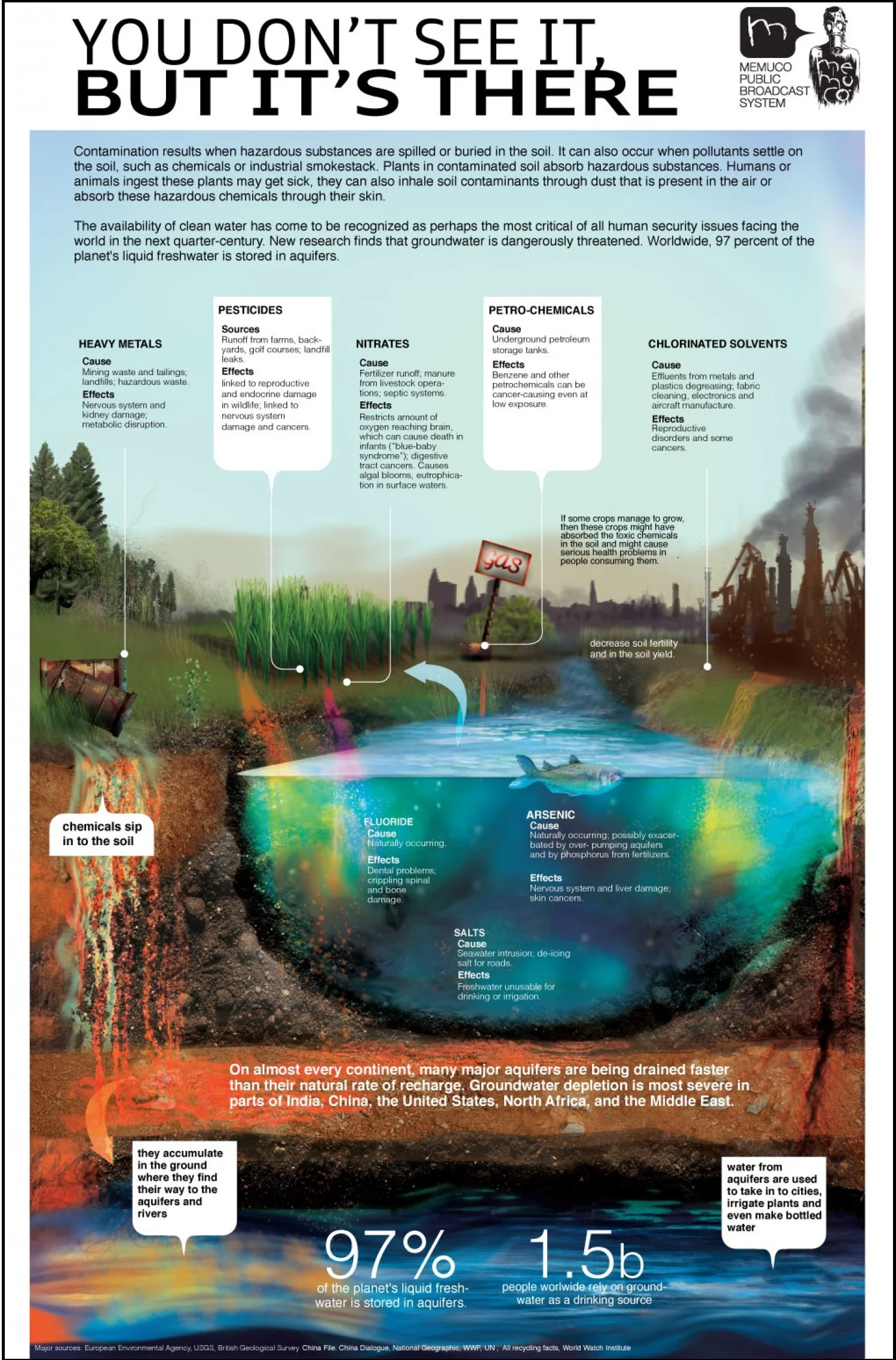Garbage Waste and Their Toxic Effects
Garbage is such an involuntary habit or action of ours. Just a part of our day. We toss, declutter, buy, throw, buy, throw.
The all in one solution would be to use less and really try to work towards a lifestyle such as a zero-waste home, or trash is for tossers mindset, but watching our habits, actions, and purchasing things in either bulk or that are package free, and I hope we are all doing this. However, not all of us may have started the transition or maintenance of this way of life, and the garbage we are tossing creates landfills, dirt, smell, bacteria, polluted rivers, affected animals, and releases toxic gases.
Garbage piles are the ideal breeding ground for bacteria, insects, vermin, not to mention the flies that hang out by the garbage are the same flies that will probably land on your lunch plate. #nothanks
Garbage itself contains numerous varied decaying items such as rotting meat, fish, produce, diapers. When these are decaying, they release different gases such as ammonia, carbon dioxide and methane (adapted from Dr. Kamath, MD at Organica Biotech)
While a lot of individuals are lucky to live in relatively developed countries, some cities are more affected by this than others, and those in underdeveloped countries with high populations are even more at a risk of contracting cancer, birth defects, salmonella, typhoid, enteric fever, and other major illnesses (this applies to both developed and underdeveloped cities, especially as an effect of urbanization).
(Side thought - wonder what happened with the lettuce problem last year - perhaps dirty soil, mass production? - we need to slow down)
Garbage in the masses is also air pollution, causing various respiratory diseases (because, no clean air).
Air that is polluted by garbage is contaminated by carbon dioxide, nitrous oxide, sulfur oxides, methane, and dioxin. All are harmful to the health, and the environment. It is a constant threat to the quality of our air, water, and soil. This means that carcinogens are then infused into the soil (think paper with ink leaking into the ground).
Yikes!
While the direct effects of garbage affecting the air directly is varied, and studies are minimal - due to many factors that have to be controlled to study it properly, including duration of exposure, type of waste - industrial waste, medical waste (almost 30% hazardous), electronic and home waste can all leak hazardous material and heavy metals into the soil, water, air (and rain). Particulate matter (a complex mixture of small particles and liquid droplets) is also a result of garbage, and being such small particles, can leak into any element (water, air, soil). (Adapted from Ranjith Annepu, Solid Waste Consultant)
Occupational hazards occur for the garbage collectors, and individuals living in neighborhoods near dumping or burning sites. While some garbage can be incinerated, with very specific conditions, often enough "not maintaining the right temperature, might result into releasing of noxious fumes in the environment”.
Just in the U.S alone, 250 million tons of waste is produced annually. Only 30% is recycled or composted. The rest being placed in landfills or burned. (Improper waste disposal is whole other discussion!).







